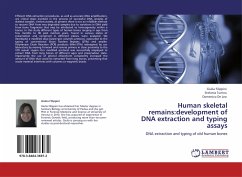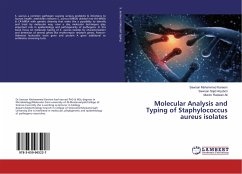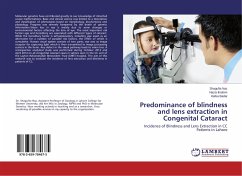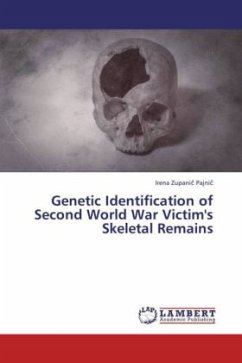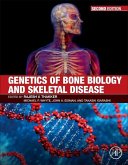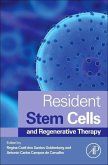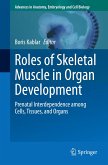Efficient DNA extraction procedures, as well as accurate DNA amplification, are critical steps involved in the process of successful DNA analysis of skeletal samples. Unfortunately, at present there is not an infallible method to recover DNA from very degraded samples due to variations in DNA yield from bone fragments that may be attributed to heterogeneity within a bones. In this study different types of human bones ranging in age from few months to 90 post mortem years, found in various states of preservation and conserved in different places, were analyzed. We developed a modified silica based spin columns protocol, associated to the typing of conventional Short Tandem Repeats (STRs) and smaller Polymerase Chain Reaction (PCR) products (Mini-STRs) redesigned by our laboratory by moving forward and reverse primers in close proximity to the STR repeat region. Our modified protocol was successfully employed to extract DNA from long bones of different ages and preservation state. Importantly the use of phenol chloroform consistently increased the amount of DNA that could be extracted from long bones, preventing that waste material interferes with columns or magnetic beads.

